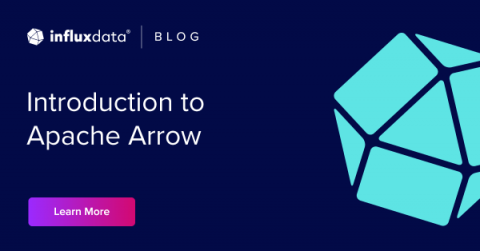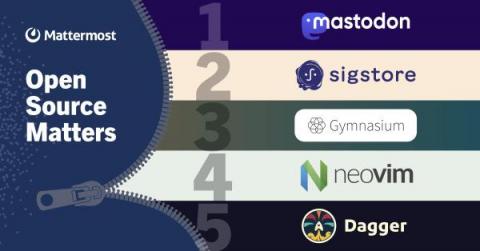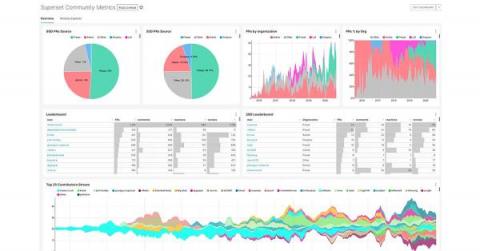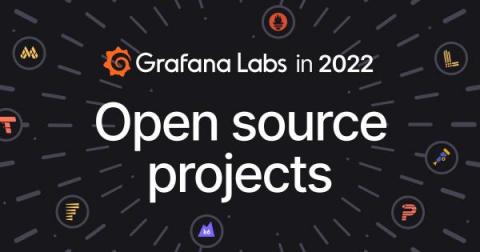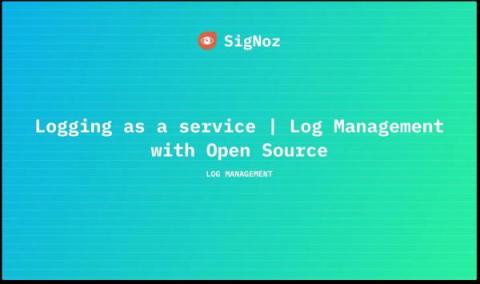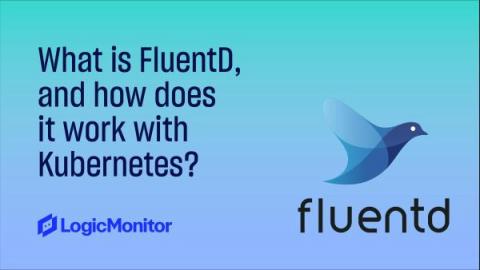Introduction to Apache Arrow
A look at what Apache Arrow is, how it works, and some of the companies using it as a critical component in their architecture. Over the past few decades, leveraging big datasets required businesses to perform increasingly complex analysis. Advancements in query performance, analytics, and data storage are largely a result of greater access to memory. Demand, manufacturing process improvements, and technological advances all contributed to cheaper memory.


